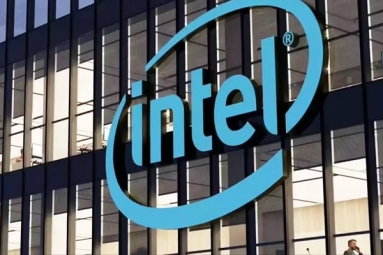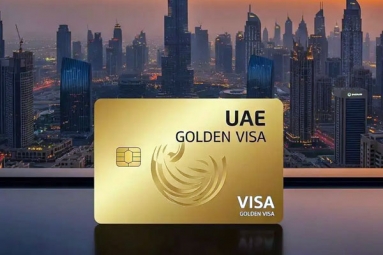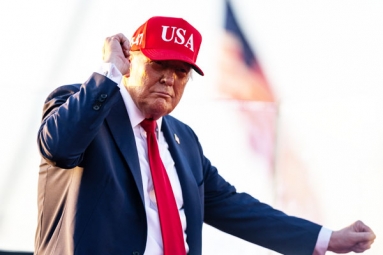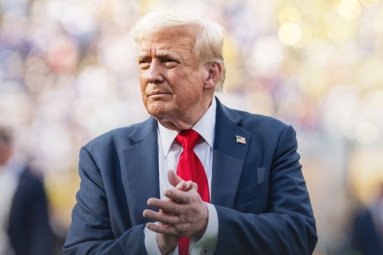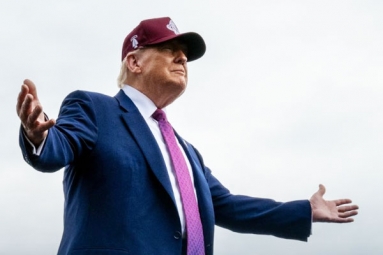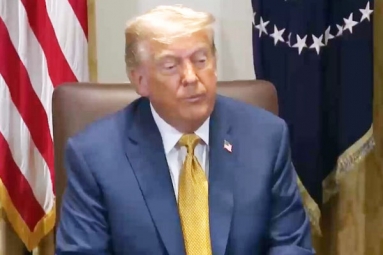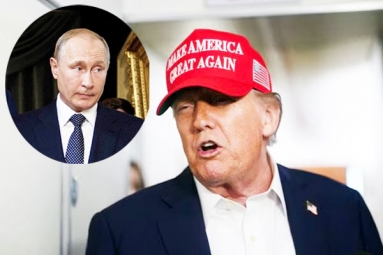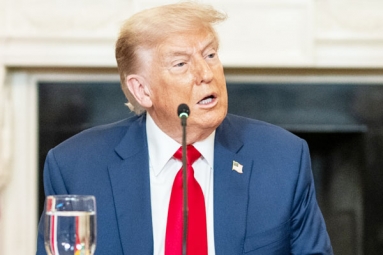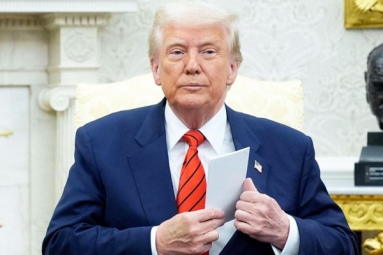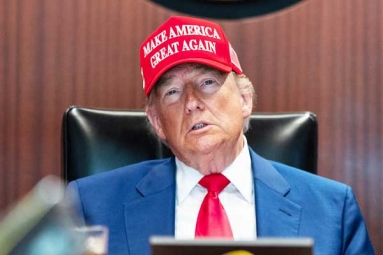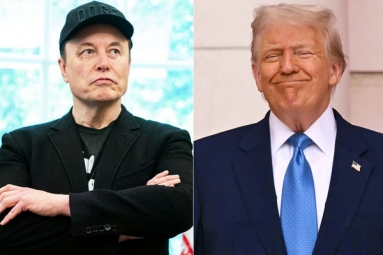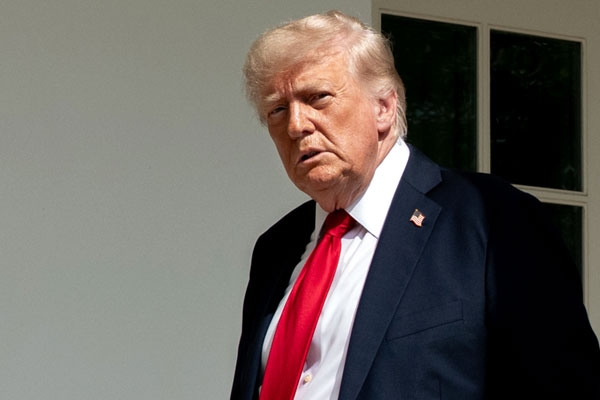
(Image source from: x.com/WhiteHouse)
US President Donald Trump on Friday ridiculed the BRICS group, calling it a "small group" that is "quickly disappearing" and repeated his threat of a 10 percent tax on nations that support it, saying they back "anti-American policies". Trump further claimed responsibility for weakening the group's efforts to compete with the US dollar's global power, promising that he would not allow it to succeed. "There's a small group known as BRICS, and it is quickly disappearing. Yet, BRICS tried to challenge the power of the Dollar and its standards. I warned that any country in the BRICS alliance would face a 10 percent tax, and after that, they had a meeting the next day, but only a few people showed up," Trump stated while attending the signing of the GENIUS Act into law.
Donald Trump, taking a strong position against international economic rivals, declared, "When I found out about this group of six countries in Brics, I hit them hard, and if they ever really organize in a solid way, it will not last long". Although he did not specify the countries, Trump added, "We cannot allow anyone to mess around with the US." He also highlighted the significance of keeping the US Dollar as the main currency in the world. "We are not going to let the Dollar slip away. Losing the Dollar's position as the world's reserve currency would feel like losing a World War." Trump had targeted Brazil with new trade penalties, declaring a 50 percent tax on imports starting in August due to what he called "unfair" trade practices.
This came after his earlier announcement on July 6 about a 10 percent tariff on any nation that allied with the BRICS group. The BRICS group, which was created in 2009, is a partnership of emerging economies that includes Brazil, Russia, India, China, and South Africa (which joined in 2010). In 2024-25, the group expanded to add Egypt, Ethiopia, Indonesia, Iran, Saudi Arabia, and the United Arab Emirates, increasing the total membership to 11 countries. BRICS was formed to promote peace, development, and a fairer international order by enhancing economic collaboration among developing nations. Over time, it has positioned itself as a counterbalance to Western-led organizations like the G7 and the IMF, advocating for a world with multiple power centers and reforming global governance systems. The bloc also encourages the use of local currencies in trade.
(Video Source: CNN-News18)




